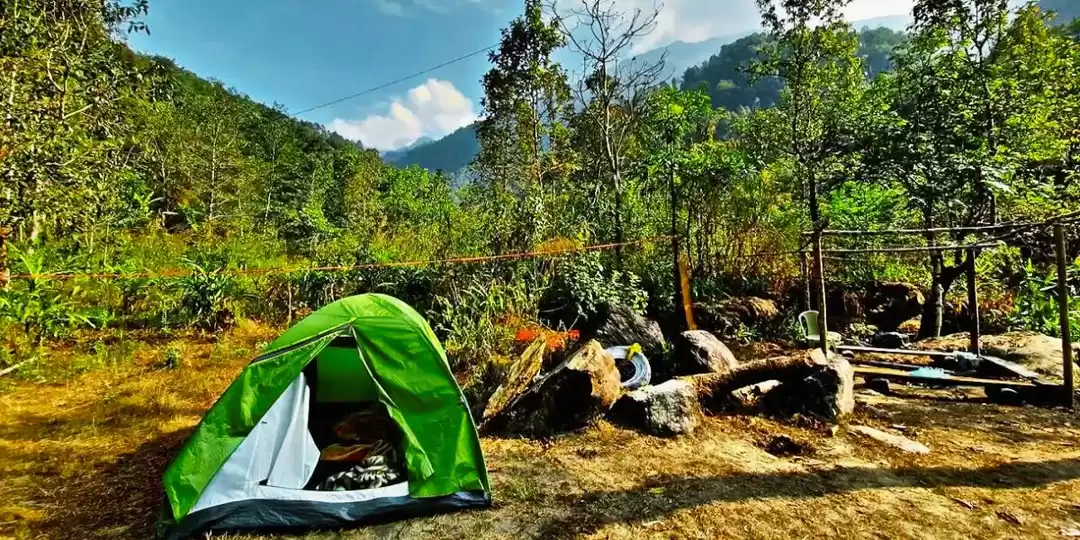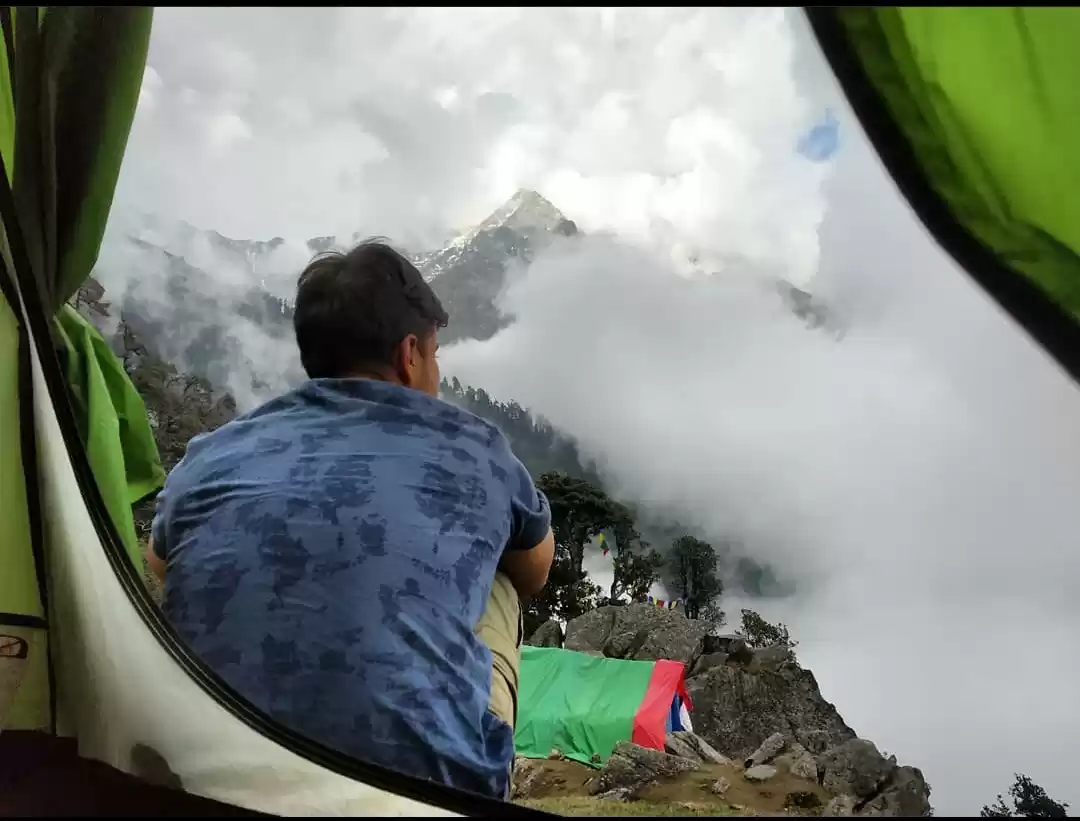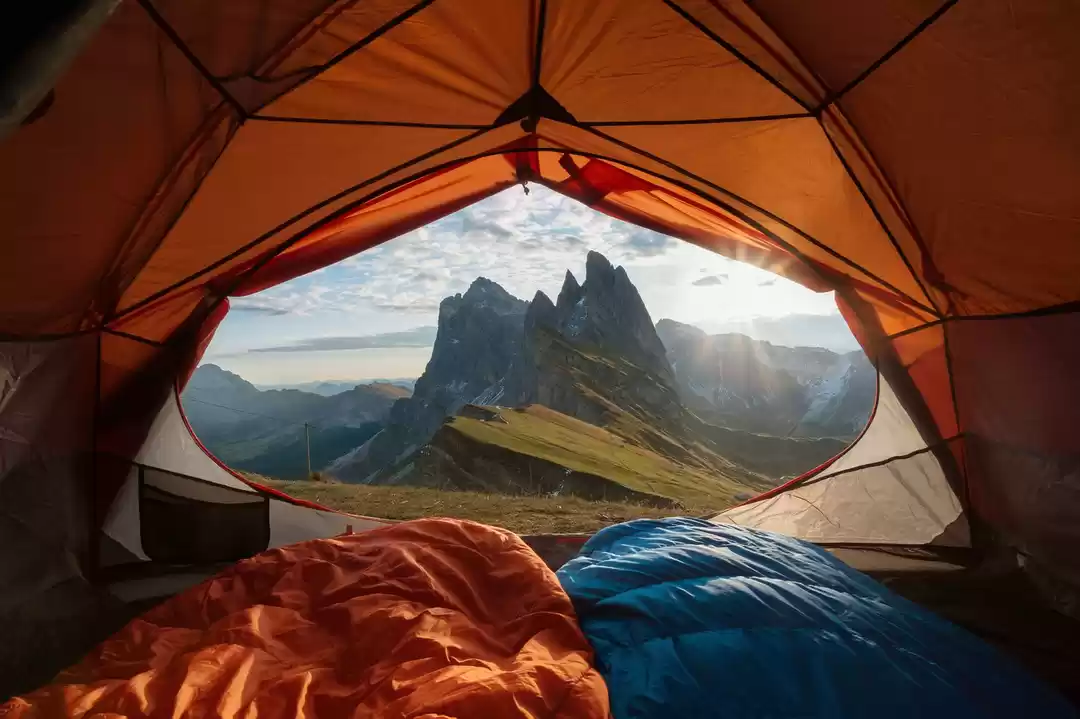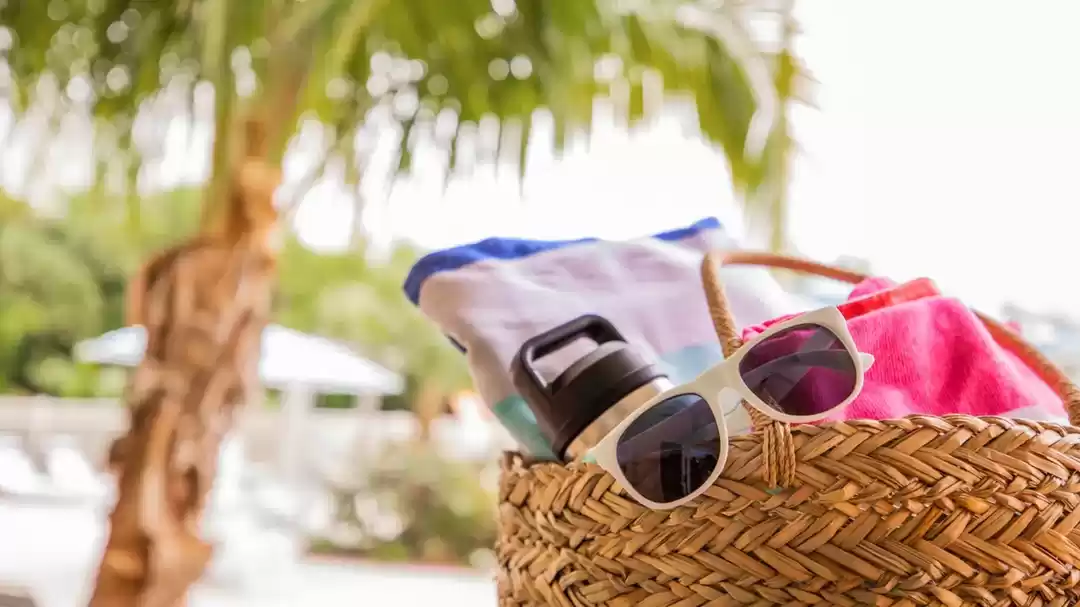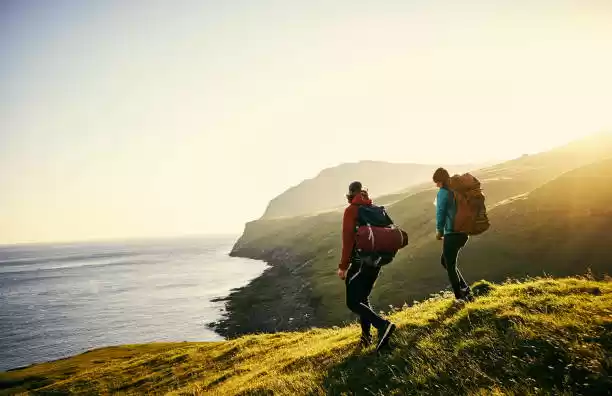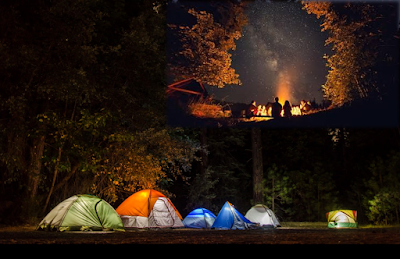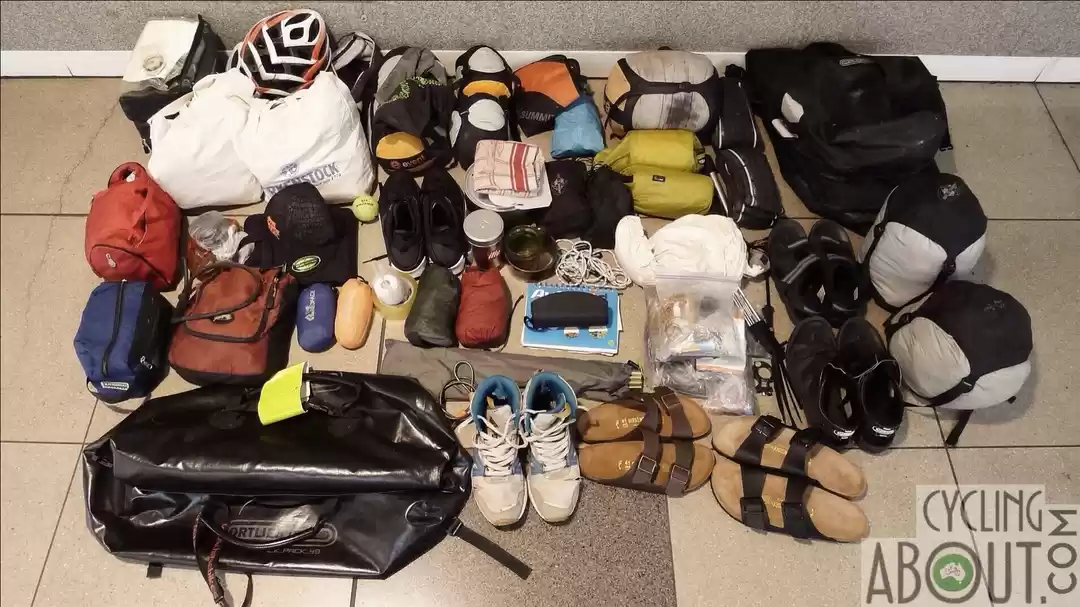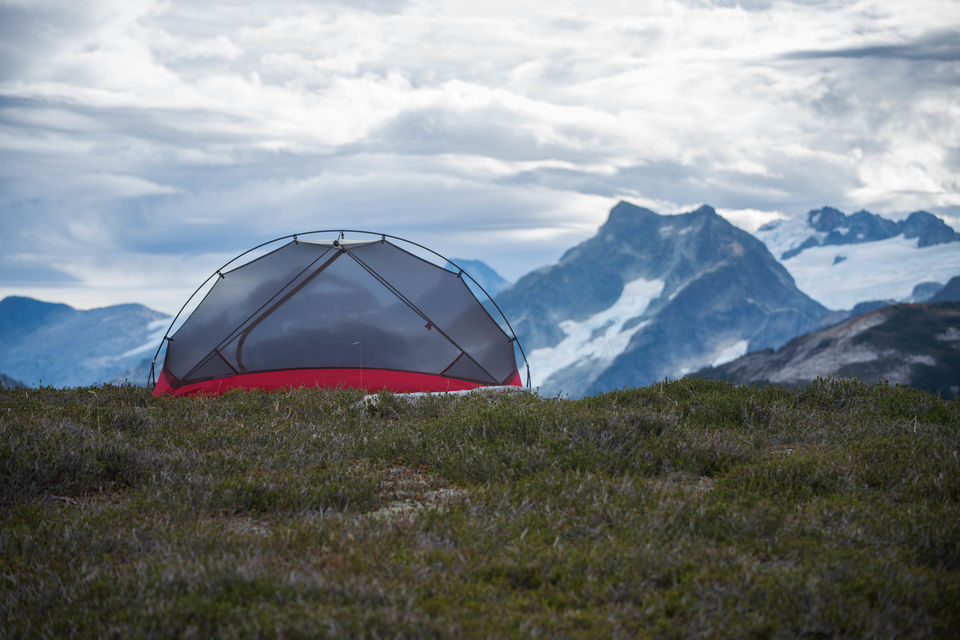
For a lot of people, summertime is the beginning of all beloved outdoor activities like bonfires, camping trips, cookouts, and hiking. While most outdoor activities can be done in the comfort of your own backyard or in the suburbs of a city, hiking is the one outdoor activity which can lead you to some very distant and rugged places.
Preparing for a hiking adventure requires precise planning, proper equipment, knowledge of the area, and adequate supplies. When packing your hiking bags with equipment and supplies, it's important to prepare not only for the eventualities you can think of but also for the ones you cannot foresee. To help you properly prepare for your adventure, we've compiled a list of the 10 most essential items for your hike.
1. Sunscreen and sunglasses
Whether hiking in the summer or the winter, sun protection should be a priority. The combination of sweat and oil secreted by your skin during hiking can literally fry your skin under direct sunlight. Hiking beneath the tree line provides shade, but if you hike high enough to reach near or above the tree line, you will need both of these items to prevent sunburn and melanoma.
2. Knife or multi purpose tool
A knife can help you remove splinters and cut ropes or cloth. The multi purpose tool can fix your other hiking items and perform a host of other functions during your hike.
3. Day pack
In order to carry all of your hiking gear safely and efficiently, a day pack will be your greatest asset. The difference between a day pack and a backpack is that a day pack is usually lighter. This is important as you will be carrying it around on your back for long hours.
4. Appropriate footwear
When hiking, footwear can be the difference between enjoyment and a nightmare. If you're going for a simple day hike with a light load, trail shoes will be sufficient. If you're carrying a heavy load or hiking on rough terrain, it would be essential to wear hiking boots for support. In addition, wear thin socks under a thicker sock to be a moisture-reducing liner for the thicker socks which will offer increased support.
5. Extra food and water
You cannot plan for every complication that may arise while out on a hike. Bad weather, getting lost, difficult terrain, and injuries are a few of the unexpected events that you could encounter. It is important to bring extra food and water for any such event. Also, bring a portable water purifier for any streams or rivers you may find for extra drinking water.
6. Extra batteries
In this era, our electronics are essential to our survival in many ways. Be sure to bring extra batteries with you on your hike for any electronics you're carrying such as a radio, a flashlight, or even halocigs. A portable phone charger would also be a great idea.
7. Map and compass/GPS
A map will help you find campsites, water, and emergency routes. A compass will help you find the correct direction on the map. A GPS can take the place of both of these items, but having a backup is always wise.
8. First-aid kit
Cuts, scrapes, and injuries happen on hikes. It's inevitable. You can find prepackaged first-aid kits for hikers at any outdoor supply store. To increase your preparedness, take a Wilderness First-aid class or research first-aid techniques online.
9. Safety items
In case of an emergency, it would benefit you to carry a lighter to make a fire for heat, a whistle in case you get lost (a whistle can be heard better than yelling), and a flashlight or a headlamp to allow you to find your way in the dark and to see the map.
10.Extra clothing
Weather is unpredictable. Always bring extra clothing and rain gear such as a poncho to protect yourself in unfavorable weather. A standard rule of outdoor clothing is to avoid cotton because it traps moisture and always bring a hat.

















